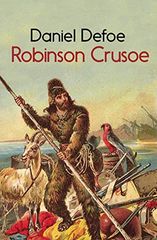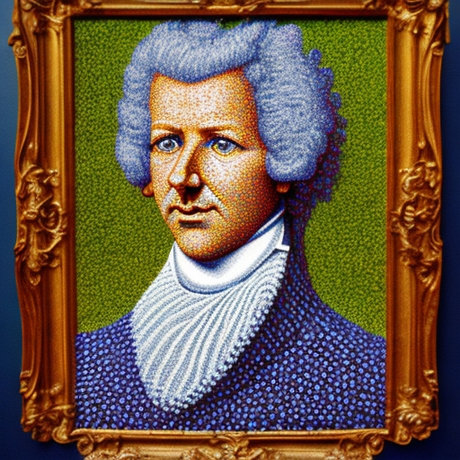Robinson Crusoe


Robinson Crusoe, written by Daniel Defoe, is a classic adventure novel that has been captivating readers since its publication in 1719. The novel tells the story of Robinson Crusoe, a young man who sets out on a journey to explore the world but ends up stranded on a deserted island for years. The novel is an enduring classic that has remained popular for centuries, and for good reason. It is a tale of adventure, survival, and resilience that continues to inspire readers today.
At its core, Robinson Crusoe is a story about survival. Crusoe is a young man who sets out to explore the world, but he finds himself stranded on a deserted island after a shipwreck. He must use all of his skills and ingenuity to survive on the island, hunting and farming for his own food, building his own shelter, and overcoming the many challenges that come with living alone in a harsh environment. The novel is a testament to the resilience of the human spirit and the power of determination in the face of adversity.
Another theme that is explored in Robinson Crusoe is the idea of self-reliance. Crusoe is completely alone on the island and must rely solely on himself to survive. He must use his wits and his knowledge to overcome the challenges he faces, and he learns valuable lessons about the importance of self-sufficiency and resourcefulness. The novel is a celebration of the human ability to adapt to new situations and to find ways to survive even in the most difficult circumstances.
In addition to its themes of survival and self-reliance, Robinson Crusoe is also a story about adventure. Crusoe's journey takes him to many different places, from his home in England to the coast of Africa and eventually to the deserted island where he is stranded. Along the way, he encounters many different people and cultures, and he learns valuable lessons about the world and about himself. The novel is an epic adventure that is full of excitement and suspense, and it is sure to keep readers on the edge of their seats from beginning to end.
One of the most interesting aspects of Robinson Crusoe is its exploration of the relationship between man and nature. Crusoe is completely isolated on the island, and he must learn to live in harmony with the natural world around him. He develops a deep respect and appreciation for the natural world, and he learns to see himself as a small part of a much larger ecosystem. The novel is a celebration of the beauty and power of nature, and it is a reminder of the importance of protecting our planet and living in harmony with the natural world.
Daniel Defoe's writing in Robinson Crusoe is simple yet powerful, with vivid descriptions that bring the story to life. His prose is both engaging and immersive, and he creates a world that is both realistic and captivating. The novel is a timeless classic that has inspired countless other works of literature and has been adapted into countless films, plays, and other media.
Overall, Robinson Crusoe is a classic adventure novel that has stood the test of time. It is a powerful story of survival, resilience, and self-reliance that continues to inspire readers today. Its exploration of themes such as the relationship between man and nature, the power of determination, and the importance of self-sufficiency make it a timeless classic that is sure to continue to captivate readers for generations to come. If you are a fan of adventure novels, or simply looking for a powerful and inspiring read, Robinson Crusoe is a must-read.